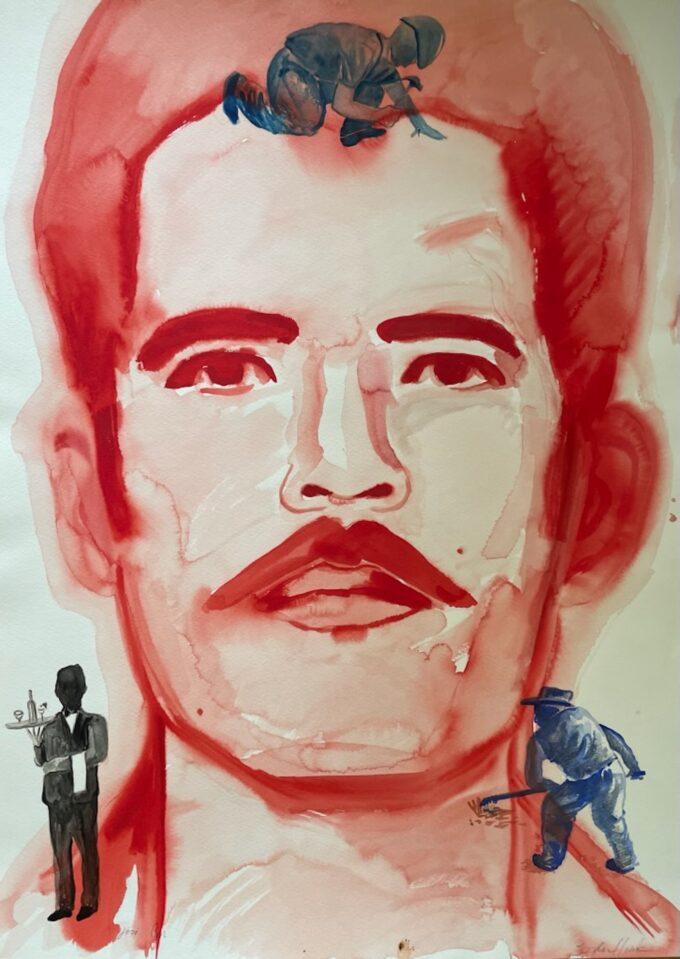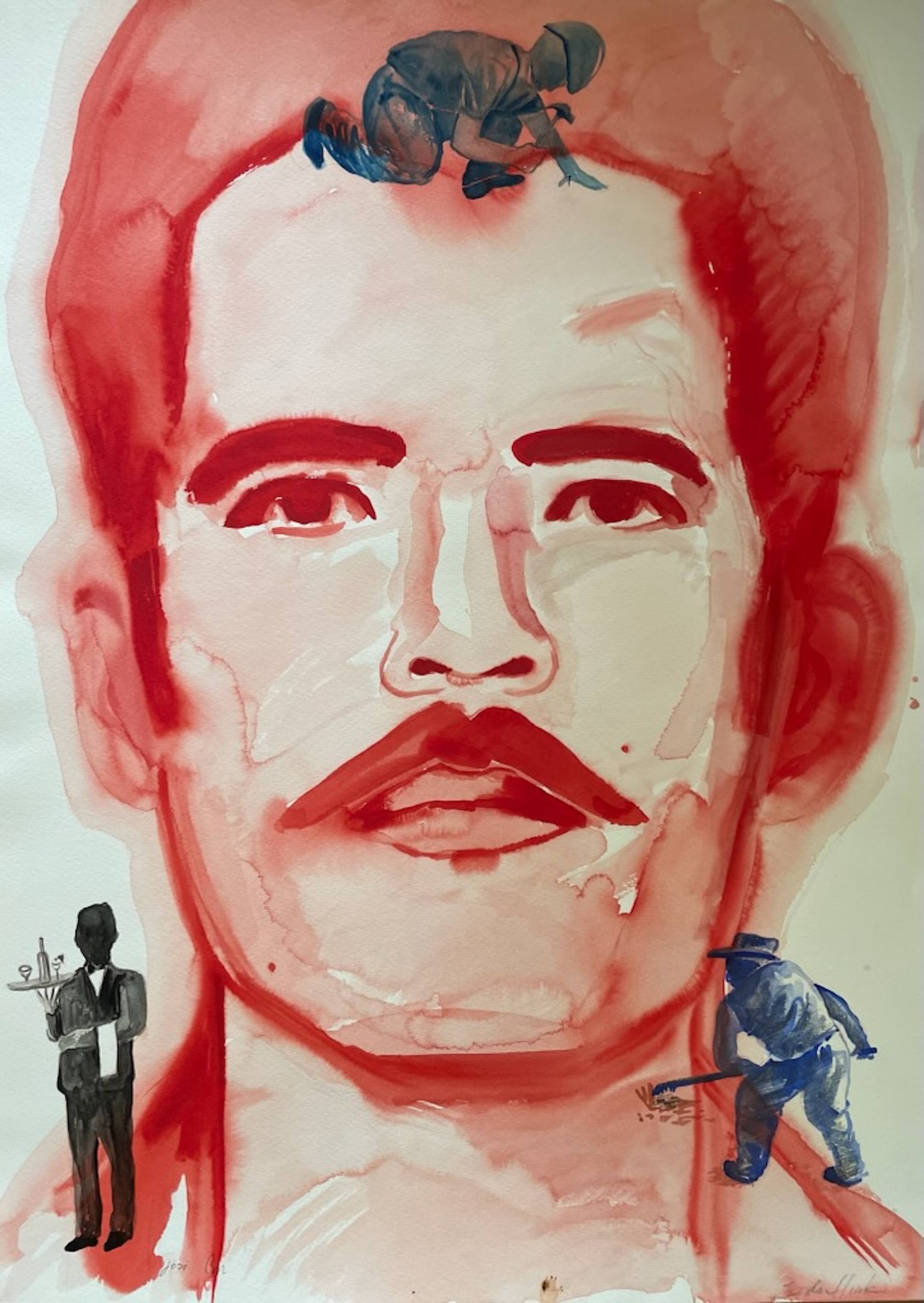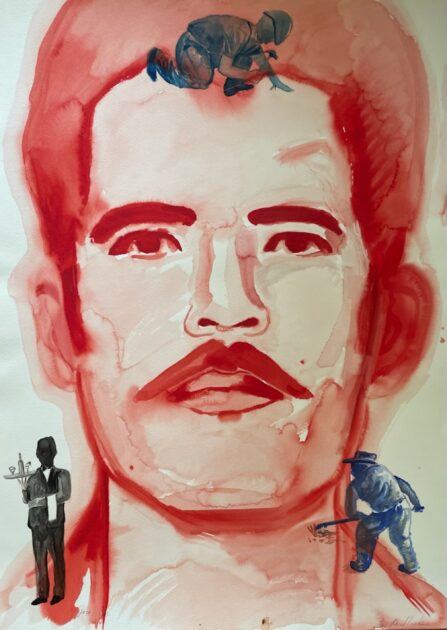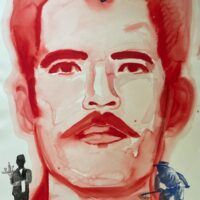






























































Dear Xenophobic America,
On November 14, 2024, I “confessed” that my late Mexican immigrant mother, Carmen Mejía Huerta, “stole” White American jobs. My mother’s “high crimes and misdemeanors” consisted of working as a domestic worker (doméstica)for over four decades, “stealing jobs” from White American women. These are the same gendered jobs that millions of White women discarded and outsourced during the second half of the 20th Century (to the present) to pursue leisure and employment opportunities.
Like my mother, my late Mexican immigrant father, Salomón Chávez Huerta, participated in “criminal behavior” in the American workplace, “taking away jobs” from White American men. His first “American job heist” occurred during the 1960s, as a guest worker for the Bracero Program (or Mexican Farm Labor Program). As I documented in a past essay, “The day my Mexican father met César Chávez,” the “…Bracero Program represented a guest worker program between the United States and Mexico. From 1942 to 1964, the Mexican government exported an estimated 4.6 million Mexicans to meet this country’s labor shortage not only in the agricultural fields during two major wars (WWII and Korean War), but also in the railroad sector.”
While invited as a “guest” during a critical economic time in American history, my father and millions of his paisanosexperienced exploitation and humiliation in the workplace. Instead of being honored as essential farm workers (campesinos), they were treated more like animals—not that animals, as non-humans, should be abused or neglected. At the Mexican and U.S. processing centers for this bi-national program, government officials forced the Mexican men from the countryside to strip naked in large groups without privacy. The immoral officials sprayed the prospective braceros with the pesticide DDT. DDT causes cancer, among other illnesses.
After suffering from this traumatizing and humiliating experience, my father rarely spoke about it. Once working on the agricultural fields, the exposure to toxic chemicals continued for my father and his paisanos, as the immoral farmers sprayed their agricultural fields with pesticides linked to cancer and other illnesses. These are the same pesticides that the United Farm Workers (UFW) fought against for many years.
From 1975 to 1985, my father “stole” another American job, when he worked as a janitor in a manufacturing factory. The factory produced chrome wheels for automobiles. For a decade, my father was exposed to high levels of hexavalent chromium, as part of the chrome-plating process. Like DDT and other pesticides, hexavalent chromium causes cancer and other illnesses. One day, a young White foreman ordered my father to work closer to the furnaces. Instead of exposing himself to more heat and toxic chemicals, he quit. Like in the 1960s, when he worked as a farm worker, my father experienced toxic exposure and workplace abuse at the factory while never exceeding the federal minimum wage!
Racial capitalism broke my father’s work spirit.
Defeated, he sporadically worked as a day laborer (jornalero) into his early sixties.
On March 9, 1996, my father died—on his 66th birthday—of cancer.
Racial capitalism killed my father.
As I critically reflect on my father’s tragic death, I don’t even need to apply my rigorous social science training from UC Berkeley to link my father’s exposure to carcinogens—at high levels for many years—to his early death.
If the xenophobic lords and complicit enablers want me to “return” the earned meager wages by my late immigrant parents, while toiling in discarded American jobs, they must perform a miracle.
Return my Mexican parents from the dead—if only for one day—so I can tell them, individually, what I failed miserably as their proud son to express:
“I love you.”
The post My Immigrant Father “Stole” American Jobs: Another “Confession” from a Child of Mexican Immigrants appeared first on CounterPunch.org.
This content originally appeared on CounterPunch.org and was authored by Alvaro Huerta.